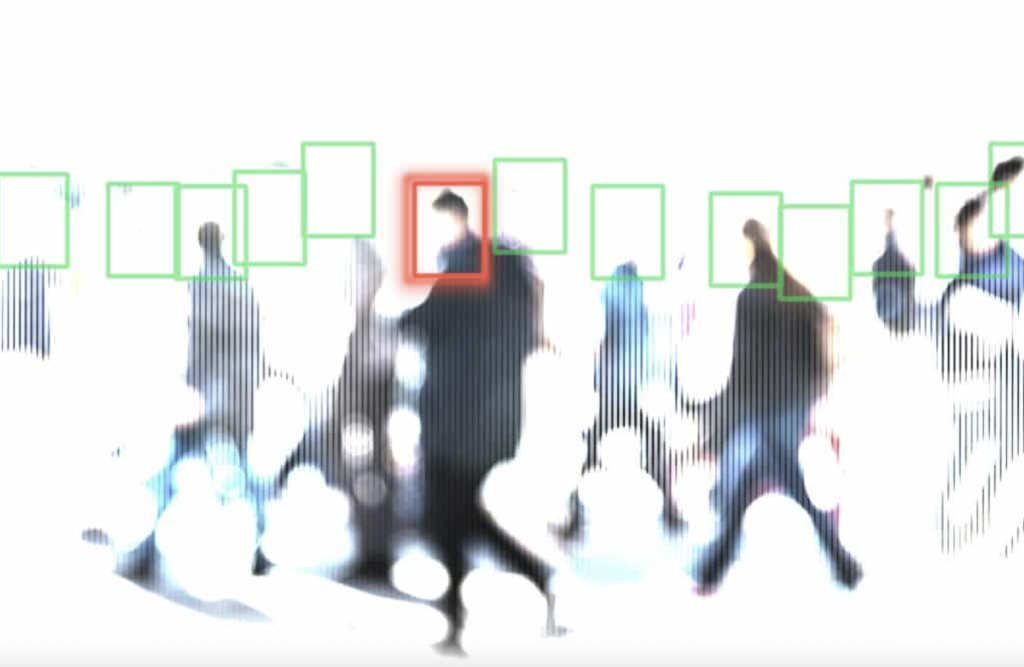
The Dominican Republic has begun a pilot for a facial recognition system along its border with Haiti, the general director of the Migration Agency announced, as reported in Biometrics Update.
Vice Admiral Luis Rafael Lee Ballester said the new biometric technology is part of a broader effort to regulate cross-border security and strengthen identification for commerce.
Ballester explained that biometric equipment has been installed and is being tested as part of the pilot program. A representative from the US Customs and Border Protection accompanied Ballester to review the Directorate’s technological rollout and to discuss cooperation.
“In a few days we will be working on a resolution that the Migration Agency will issue, establishing the biometric procedures and regulations that foreigners participating in binational markets must comply with,” Ballester said, as quoted in Jamaica Observer.
In other words, following a test phase, migration authorities will issue official regulations governing how foreigners must register their biometric data and declare their country of origin before participating in commercial activities on Dominican soil.
The announcement coincides with a push to increase immigration interdictions. Ballester urged undocumented Haitian migrants to depart voluntarily, warning that newly trained immigration agents will step up enforcement.
In 2023, President Luis Abinader had vowed to implement a biometric data collection system at the country’s western border with Haiti despite opposition from its neighbor. Haitians expressed strong disapproval at the plan, fearing it could make it difficult to re-enter the Dominican Republic after returning to their country.
The Caribbean nation has been building a wall with biometric features at the border with Haiti as part of a plan to control illegal immigration and the flow of illicit goods. As reported, the border fence system also incorporates the biometrics capturing system provided by Dermalog to monitor border movements.
Minister of Foreign Relations Roberto Alvarez has called the border with Haiti “a revolving door,” in reference to the millions spent on deporting Haitians and the millions of Haitians who are deported and then re-enter paying bribes or fees to people smugglers or through known entry points along the 391 km border. Several times a week, Migration publishes photos of groups of Haitians detained when irregularly entering the country.
Read more:
Biometric Update
12 August 2025

